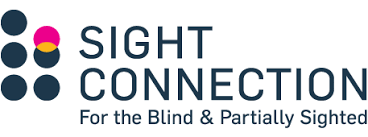 Previously a police sergeant with the Port of Seattle Police Department, Jon Schorsch supervised 20 police officers and managed security operations in the port community. Medically retired, Jon Schorsch sits on the board of directors of Sight Connections, formerly Community Services for the Blind. More than seven million American seniors suffer from vision loss associated with diseases such as glaucoma, macular degeneration, cataracts, and diabetic retinopathy. These diseases are resistant to traditional remedies like glasses, medication, and surgery, leaving patients with blurry or distorted vision. Vision loss not only affects the performance of complex tasks such as driving but also seemingly simple ones such as communicating with others. Assuming a healthy birth, every individual grows up using face-to-face contact for communication. When vision loss sets in, that contact is lost, making it harder to recognize others, read non-verbal cues, or identify the facial expressions that display emotion. If you have a loved one who has vision loss, here are a few tips on what you should do to improve communication with this person: - Sit close by, as visibility often improves with proximity - Introduce yourself by name. Many people with vision loss take time to associate voices to people, so introducing yourself will be helpful - Call the person by name, since he or she may not know when being spoken to, especially in a large gathering
0 Comments
Leave a Reply. |
AuthorPublic Administration Professional Archives
August 2018
Categories
All
|
 RSS Feed
RSS Feed
